Suppressors, also known as silencers, have gained significant popularity among firearms and hunting enthusiasts in recent years. These devices, which attach to the muzzle of a firearm to reduce noise and muzzle flash, offer several benefits for shooters. However, for first-time buyers, the process of purchasing a suppressor can seem complex and intimidating. This comprehensive guide will walk you through everything you need to know about buying your first suppressor.
Understanding Suppressors
Before delving into the purchasing process, it’s crucial to understand what suppressors are and how they work. Contrary to popular belief, suppressors do not completely silence a firearm. Instead, they typically reduce the noise level by 20 to 35 decibels, which is roughly equivalent to high-quality hearing protection.
Suppressors function by trapping and cooling the expanding gases that exit the muzzle when a round is fired. This process reduces both the sound and the visible muzzle flash. The benefits of using a suppressor include hearing protection, reduced recoil, improved accuracy, decreased muzzle flash and an enhanced shooting experience for new shooters.
Legal Considerations
One of the most critical aspects of buying a suppressor is understanding the legal landscape. In the United States, suppressors are regulated under the National Firearms Act (NFA) of 1934. This means that the process of purchasing a suppressor is more involved than buying a standard firearm.
As of 2024, suppressors are legal for private ownership in 42 states. However, it’s essential to check your local laws, as some states may have additional restrictions or requirements. Always ensure you’re in full compliance with federal, state and local regulations before proceeding with a suppressor purchase.
The Purchasing Process
Buying a suppressor involves several steps, which can seem daunting at first but are manageable with proper guidance. First, you’ll need to choose your suppressor by researching different models and brands to find one that suits your needs and budget. Next, you’ll need to find a licensed dealer who is a Class 3 Special Occupational Taxpayer (SOT) and can sell NFA items.
Once you’ve selected your suppressor and dealer, you’ll need to pay for the suppressor, which includes both the cost of the device itself and a $200 tax stamp required by the NFA. You’ll then need to complete Form 4, the ATF form required for the transfer of NFA items to an individual or trust.
This process also involves submitting fingerprints and photographs as part of the background check. After submitting all the necessary paperwork and fees, you’ll need to wait for approval. The ATF typically takes 4 to 12 months to process and approve Form 4 applications, however the ATF’s eForm 4 system can significantly reduce wait times compared to traditional paper Form 4 submissions (sometimes in a matter of days). Once approved, you can finally take possession of your suppressor from the dealer.
Purchasing through online companies such as Silencer Shop can help take much of the guesswork out of the process for first-time buyers. They handle all the complex NFA paperwork for you, including Form 4 submission, fingerprints and photographs. They can both also ship suppressors directly to your door in all 42 states where suppressors are legal. This eliminates the need to visit a local dealer for pickup, saving you time and hassle.
Choosing the Right Suppressor
When selecting your first suppressor, there are several factors to consider. First and foremost, ensure the suppressor is rated for the caliber(s) you intend to use it with. Consider the material of the suppressor – options typically include stainless steel, titanium or Inconel, each with its own pros and cons in terms of durability, weight and cost.
Suppressors are available for a wide range of calibers, from .22 LR rimfire to large-bore rifle calibers. Some popular options include:
- .22 LR suppressors: Ideal for rimfire rifles and pistols, these are often the most affordable and quietest options.
- 9mm suppressors: Suitable for many popular handguns and pistol-caliber carbines.
- .30-caliber suppressors: Versatile options that can be used with many common rifle calibers like .308 Winchester, 300 Blackout and 5.56 NATO offering flexibility for shooters with multiple firearms.
- .45-caliber suppressors: For larger pistol calibers and some rifle cartridges.

When choosing a caliber, consider not just your current firearms but also any you might acquire in the future. Many shooters opt for a suppressor that can accommodate the largest caliber they own or plan to own, as you can often use a larger suppressor on smaller calibers but not vice versa.
The mounting system is another important consideration. Direct thread or quick-detach (QD) mounts are common options, with QD mounts offering more flexibility but potentially at a higher cost. Size and weight should also factor into your decision, as these will affect your firearm’s balance and handling.
Also keep in mind that flow-through suppressors reduce gas blowback on modern sporting rifles. If you plan on high-volume shooting, look for suppressors rated for full-auto use, as they tend to be more durable. Finally, research reputable manufacturers known for quality and customer support to ensure you’re getting a reliable product.
The Role of Trusts
Many suppressor buyers choose to purchase their NFA items through a gun trust. A gun trust is a legal entity that can own NFA items, offering several advantages. Multiple users can be authorized to possess and use the suppressor, the transfer process to beneficiaries upon the owner’s death is simplified, and in some cases, approval times may be faster.
If you’re considering this option, it’s advisable to consult with a lawyer experienced in NFA trusts to determine if it’s the right choice for your situation. If you decide it’s a good fit for you, Silencer Central offers a free NFA gun trust with every suppressor purchase. This can be a significant cost saving and convenience factor for many buyers.
Maintenance and Care
Proper maintenance is crucial for ensuring the longevity and performance of your suppressor. Clean your suppressor according to the manufacturer’s recommendations and use a thread protector when the suppressor is not mounted. Regularly check for carbon build-up and clean as needed. It’s also important to inspect for damage or wear regularly and store your suppressor in a cool, dry place to prevent corrosion.
Common Myths and Misconceptions
There are several myths surrounding suppressors that are worth addressing. Contrary to popular belief, suppressors are legal in most states, although they are regulated. They do not completely silence a firearm but rather reduce noise to a safer level. Suppressors are available to civilians in most states, subject to federal regulations, not just to special agents or military personnel.
It’s also a misconception that suppressors significantly reduce a firearm’s velocity or make it less accurate. In fact, they often improve accuracy by reducing recoil and muzzle rise.

The Future of Suppressor Regulation
As of 2024, there are ongoing efforts to deregulate suppressors at the federal level. The Hearing Protection Act, which aims to remove suppressors from NFA regulation, has been introduced in Congress multiple times. While its passage remains uncertain, it’s worth keeping an eye on potential changes in legislation that could affect the suppressor buying process in the future.
Buying your first suppressor can be a complex but rewarding process. By understanding the legal requirements, choosing the right suppressor for your needs and following proper maintenance procedures, you can enjoy the many benefits these devices offer. Remember to always comply with federal, state and local laws regarding suppressor ownership and use.
As with any significant firearm-related purchase, take the time to research thoroughly, ask questions and consult with experienced professionals. With patience and diligence, and potentially by taking advantage of services like those offered by online services like Silencer Shop you’ll be well on your way to enhancing your shooting experience with your very own suppressor.
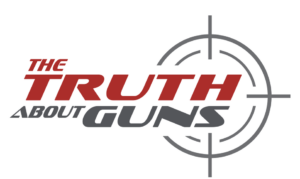

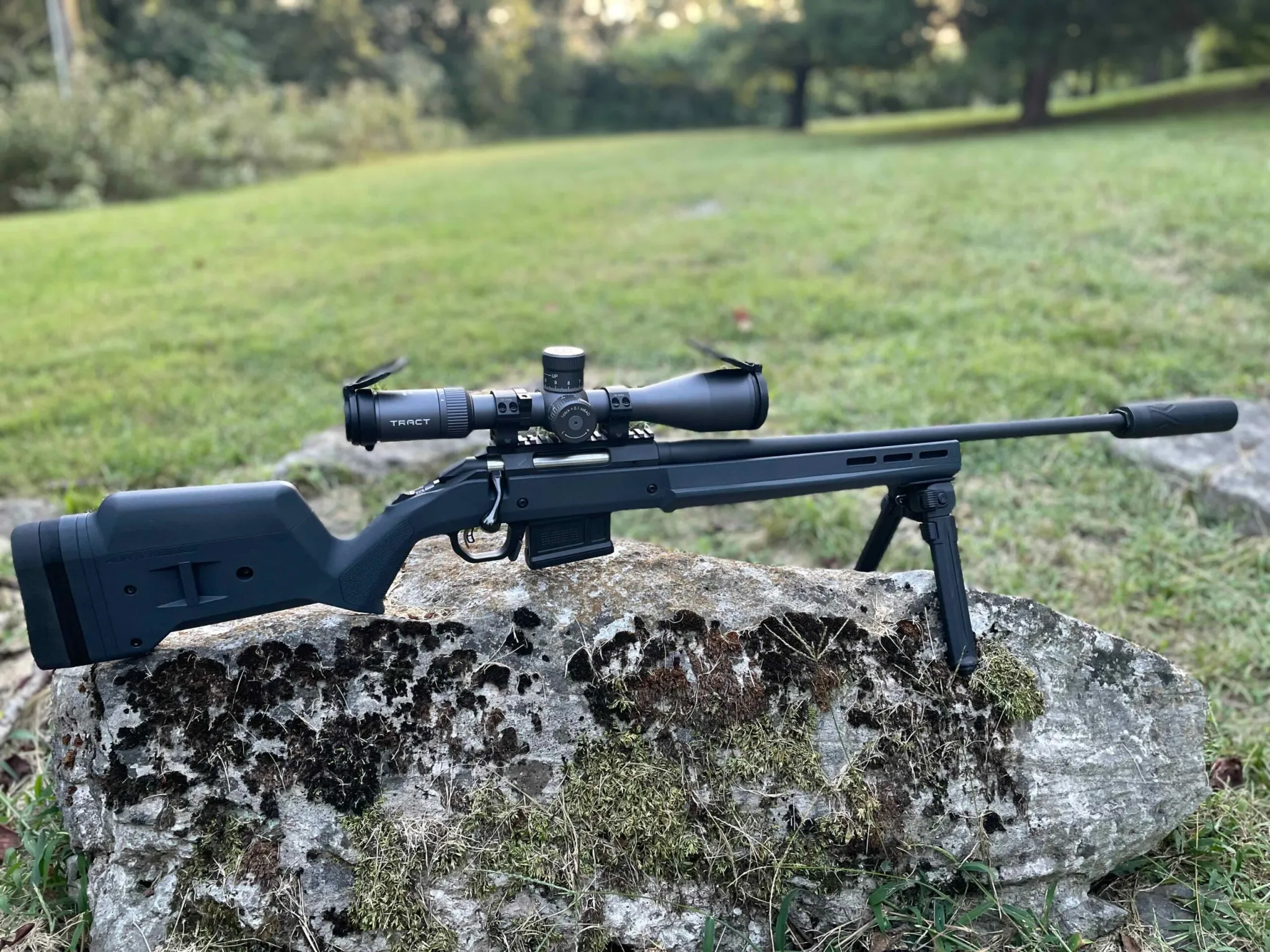
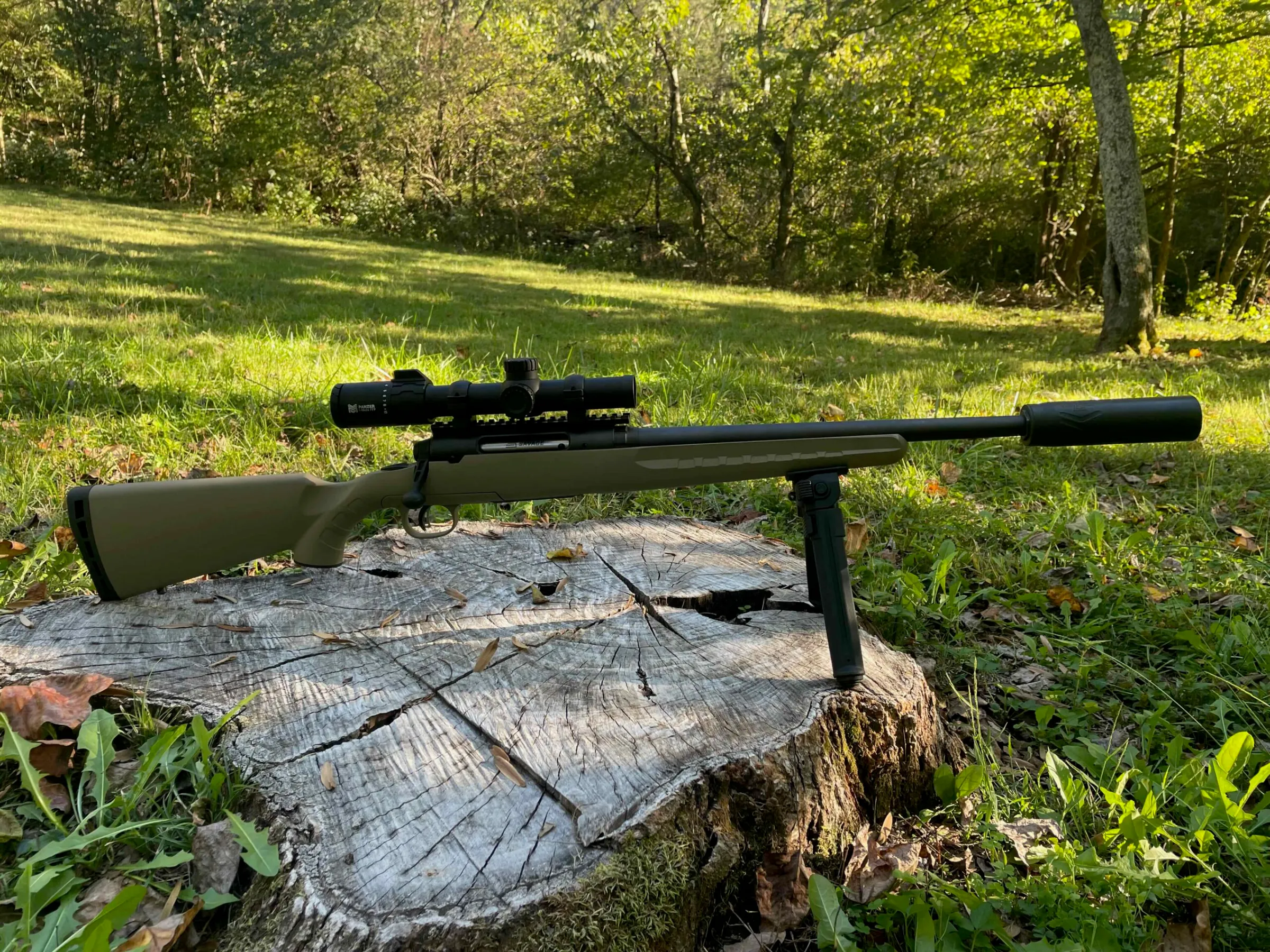
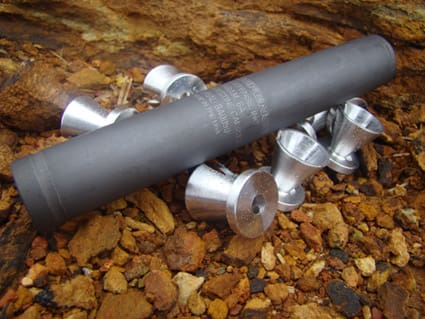

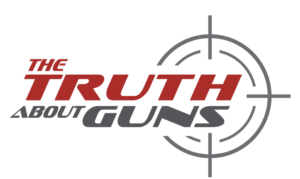
A study of user experience in application development: evaluation and impressions of using Flutter.
In the world of fast-growing technology, applications are becoming an integral part of our daily lives. What is your experience with apps developed using Flutter? We share our impressions of performance, ease of use, and also evaluate the quality of development services. What factors are important to you when choosing applications, and what development features do you consider key to the success of an application?
I just purchased two suppressors this summer and I am very happy to have them–so happy in fact that I was thinking of going out this week to start the process to purchase a third suppressor.
My biggest hurdle was finding a suppressor (and accessories) that I wanted which were actually in stock or available for a short back order.
In my case I went to a local gun store where I found two suppressors in their inventory which satisfied 95% of my requirements. Then they helped me use the Silencer Shop kiosk to create a trust for each suppressor and submit electronic Form 4s to the ATF for processing. I want to say that the entire process took me about an hour and was pretty easy with help from my gun store and Silencer Shop. Then the hardest part was waiting for approval, which took about five weeks. (Note that median approval times are down to about 12 days now for trusts–mine apparently took longer because my purchase happened to coincide with a huge summer buying bubble.)
I encourage everyone to at least purchase a rimfire suppressor. They are the least expensive (around $350) and provide the most benefit in my opinion.
If you use “standard velocity” .22 LR ammunition which will typically be sub-sonic, the sound level coming out of a rimfire suppressor is like a pellet rifle and I have to believe that it is completely hearing safe without having to use any additional hearing protection no matter how much you shoot at any given range session. That, plus the fact that .22 LR ammunition is by far-and-away the least expensive ammunition that you can buy, combine to make a rimfire rifle and suppressor the most useful combination out there. And that is why I believe you would get the most benefit out of a rimfire suppressor.
registration
no
Not to worry the Feds already know who you are and where you live. Along with every firearm and accessory you have bought.
Darkman gets it. That ship (privacy) set sail around the late 1990s.
At this point we might as well have overwhelming numbers of firearms, ammunition, suppressors, scopes, etc. for a massive deterrent effect on any inappropriate ambitions.
God forbid our government ever decide that the masses are “useless eaters” and therefore set out to “fix” that problem. If that ever does come to pass, though, better to have them (firearms) and not need them than to need them (firearms) and not have them.
Plus don’t discount the possibility of a wide-scale terrorist attack the likes of the Hamas attack on Israel a year ago. I much prefer the ability to repel such an attack with my hearing in tact.
And even if a wide-scale government “purge” or terrorist attack never come to pass, declining economic conditions and society in general can easily lead to a serious uptick on generic violent criminal attacks on your family or even a home invasion. A suppressor on your home defense firearm ensures much less hearing loss after repelling a violent criminal attack, and can even enable you to mount a better defense while the attack is ongoing since you will not be momentarily deaf and better able to hear and adapt your defensive strategy.
🤓
every firearm? interesting ,evidently cash and private transactions do not work either
Naysayer,
If you have ever researched or ordered anything on the Internet or even paid in-person with a credit card, fedzilla likely knows what you have.
If you paid for everything in cash in private transactions and left your cell phone at home, they may not know exactly what firearm you have or the exact quantity but they almost certainly know that you do have firearms and probably even which calibers.
If you ever talked about your firearms and your cell phone was within 10 feet of you there is a significant chance they have that data in your file already. Whether or not it all translates to being retrievable across agencies who knows but I just assume everything I own is known.
A 4473 is more than enough hoops to jump through for a can…therefore I refuse to join the bend over club.
That decision is yours to make.
Individuals might also consider contacting their elected representatives at federal level pursuant to removing silencers from existing federal restrictions. Depending on existing state law, contacting elected representatives is also something to consider.
Alan,
Contacting elected representatives is only fruitful when you offer a LOT of money for their next campaign. When you are contacting them only to urge them to advance some policy that you want, their staff will simply return a form letter explaining what the representative is going to do regardless of what you want.